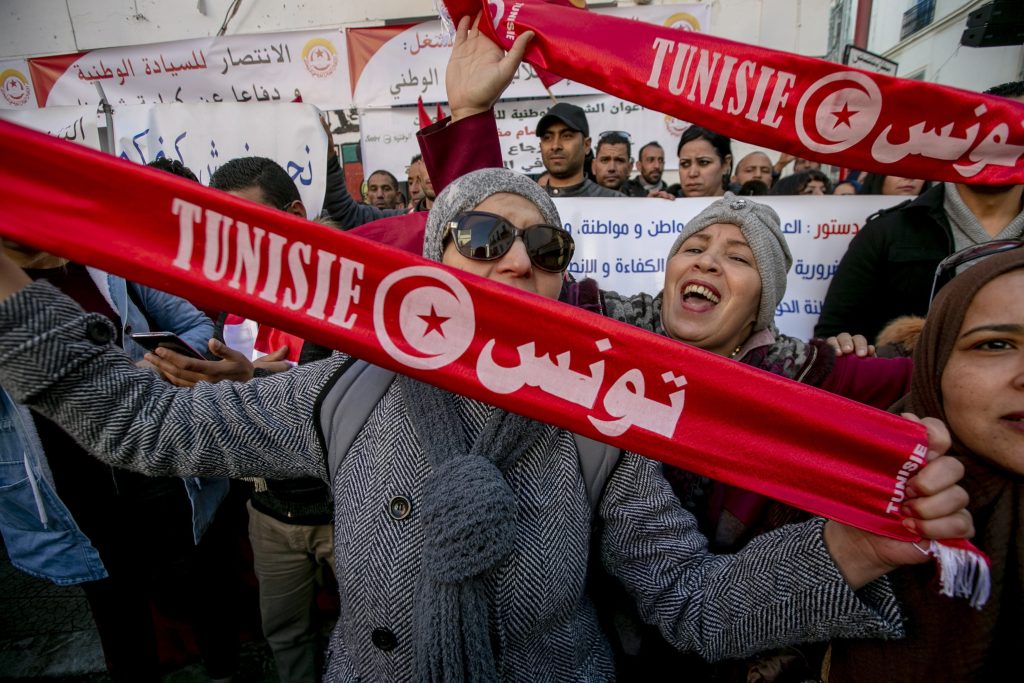Tunisia’s parliament has debated a contentious bill that would remove the power of the administrative court to rule on election disputes, just days ahead of a key presidential election. Protesters have condemned the move as anti-democratic, raising concerns over the timing and potential impact on the electoral process.
The proposed reform comes after the administrative court overturned decisions barring three presidential candidates from running in the upcoming election on October 6, a ruling that Tunisia’s electoral board, ISIE, subsequently ignored.
Incumbent President Kais Saied, who is seeking re-election, is the leading candidate in the race. Saied, who was first elected in 2019, has been widely criticised for consolidating power since his controversial suspension of parliament and other democratic institutions.
The new draft law would transfer election-related judicial authority from the administrative court to the court of appeals, significantly weakening the role of the former, which is regarded by many as more independent.
Proponents of the bill argue that the change is necessary to address discord with the administrative court’s rulings and to protect the unity of the state and social order. However, critics, including Alexis Deswaef, vice-president of the International Federation for Human Rights (FIDH), view the move as an effort to bypass an independent judicial body.
A small group of demonstrators gathered outside the parliament to protest the reform, carrying signs that read: “Laws revised in the middle of elections in favour of Kais Saied = death of democracy.”
Ahead of the vote, Tunisia’s electoral board rejected the candidacies of 14 hopefuls, leaving only three candidates on the final list: Saied, former parliamentarian Zouhair Maghzaoui, and businessman Ayachi Zammel, who has been imprisoned since early September.
Rights groups, including Human Rights Watch, have criticised ISIE’s actions, accusing the board of skewing the election in favour of President Saied by prosecuting and imprisoning multiple potential candidates. Tunisia’s largest labour union, UGTT, has also condemned the board’s refusal to respect the court’s rulings as politically motivated.

